An Article by Duncan Wardle.
“How did I come to this?”
This is one of the very first lines in the 1999 cult classic film Galaxy Quest. It’s uttered by one of the movie’s main characters, Alexander Dane, an esteemed British Stage Actor who—much to his dismay—is best known for his role playing the alien Dr. Lazarus on the popular, kitschy sci-fi television show Galaxy Quest.
In this scene Mr. Dane, along with the rest of his castmates, are about to make their entrance at the annual Galaxy Quest Fan Convention. The room is what you’d expect for a 1990’s comic/sci-fi convention: bins of dusty comics and memorabilia, hand-painted banners hung askew, and rows of sad folding chairs holding a smattering of die-hard fans in hand-sewn costumes.
Needless to say, for this classically trained Shakespearian actor, this is not the fame he had envisioned…
While spot-on at the time, if Galaxy Quest had been made today, this scene would not have been possible. Comic and sci-fi conventions—led by the historic San Diego Comic Con International—are now a $5 billion industry. In fact, according to event ticketing giant Eventbrite, the world’s top conventions often draw in excess of 150,000 attendees a year, who collectively spend $15–$20 million on admission, and have an annual economic impact on their respective cities of $150 million or more.
But it wasn’t always this way. The reason the opening scene in Galaxy Quest is so funny is because it accurately depicts the state of sci-fi conventions at the time. In fact, when the San Diego Comic Con International opened in 1970, it was attended by fewer than 300 people. Today, this many people come through the doors within the first minute of opening. And companies everywhere are all cashing in on the growth in this industry. Sony, Amazon, AT&T, Snickers and many more have all spent big money to have a presence at recent Comic Con events.
This turnaround has been nothing short of remarkable. And it was only possible because the industry was willing to take an honest look at itself, realize it wasn’t working, and blow itself up to start fresh. By starting over with a model focused more on unique, engaging fan experiences, and less on showcasing rare comic books and panels discussing superfan minutia, the industry was able to quickly gain momentum with a massive new audience—and it’s been unstoppable ever since.
And it begs the question: can other conferences take a page out of Comic Con‘s playbook?
THE STATE OF CONFERENCES
I, for one, believe the business conference industry is ripe for similar disruption. Let’s see if this sounds familiar…
You (or your company) identify a key conference you’d like to attend, and proceed to drop thousands of dollars on flights, hotels, badges, per diems, and other miscellaneous expenses, just to get you in the front door. The conference arrives and you check in after an arduous day of travel, eager to take advantage of your free drink coupon at the opening night mixer.
The following morning, you wake up ready for a day filled with learning and opportunity. But instead, your day ends up looking something like this:
- A hurried breakfast
- The opening keynote, filled with plenty of ego-boosting, chest-beating rhetoric
- A quick break (where you frantically try to catch up on emails)
- The “Panel of Doom”—a cluster of industry folks answering generic questions (while much of audience continues to stay on top of emails from their seats)
- A sponsored lunch (and what is now your 3rd or 4th sponsor pitch of the day)
- The afternoon breakout session (likely the only place where you gain real insights and applicable knowledge that day—unfortunately it’s limited to just a single hour)
- The closing keynote—more chest-beating mixed with a little inspiration to send you on your way
- Oh, and the Q&A you were promised? The one where you could ask specific questions and leverage the insights and expertise of the speakers to create real innovation in your business. Well like always, the conference has run long, and the Q&A will need to be cut from the program.
While it varies a touch, this is more or less the standard format that the conference industry has been using for decades. And even though attendees may still leave the conference inspired, motivated, and ready to change the world, by the following week when a co-worker asks, “How was that conference?” they are generally met with a blank stare. Because by that point in time, the attendee has already forgotten what happened at the event, and more importantly, what they learned.
Why? Because we’re not giving conference attendees tangible tools they can take and apply in their real lives.
But it doesn’t have to be this way. It’s time to take a page out of Comic Con‘s book, and refresh the stale conference industry.
DISRUPTING THE CONFERENCE INDUSTRY
There is a mountain of evidence that supports the fact that people learn best when they’re given the opportunity to actually apply the knowledge and the tools they’re learning. It’s no different than learning to use a hammer. Explain it and theorize it all you like, but at a certain point, you actually need to swing the hammer to get a true feel for how it works, and how it can be used in your life.
So, how might we apply this principle to the conference industry? How might we create more engaging experiences—a la Comic Con—and give attendees the tangible tools and skills they need to make conferences the most impactful learning experiences they can be?
As someone that attends and keynotes at countless conferences, I have a few ideas. Here are 4 ways in which I believe the industry can reinvent itself:
- Don’t Overpack Schedules
One thing I continue to stress time and time again in my workshops and consulting is that lack of time is the biggest barrier to innovation. If you don’t allow yourself time to think, how can you possibly expect to come up with new ideas or expand your knowledge and skillsets?Unfortunately, the conference industry has fallen into the trap of believing that the best way to provide value for attendees is to pack every single second of their day with speakers and other programming. What you’re left with is a whole bunch of information that floats into attendees’ brains, but doesn’t have the time cement itself or be put to use.Conferences should focus on less, not more, letting their attendees actually retain what they’re learning, and walk away with a handful of quality ideas, tools, and insights they’ll actually be able to remember and use in their real lives.
- Create Opportunities for Guests to Engage Speakers
I cannot tell you how many times I’ve seen the Q&A session with speakers get cut short—or cut altogether—due to time constraints. Left to the end of the program, Q&A’s are the first casualty when a conference runs long (and when jam-packed with programming, they almost always do).Cutting the opportunity for attendees to engage with speakers is a shame, because speakers are the source of nearly all the valuable information being shared with attendees at a conference.To rectify this, conference planners should look for new ways to create engagement opportunities with speakers. For example, creating a Speaker’s Lounge, where speakers commit to spending a certain amount of time before and/or after their speech or panel. Attendees who are particularly drawn to an idea shared by a specific speaker can make it a point to go visit with them personally to talk more in-depth on the topic. You could even arrange it so that each speaker has a little space of their own within the room to host their impromptu, micro break-out session.Imagine the insights shared when you create hundreds or even thousands of additional interactions between industry thought leaders and conference attendees. No doubt the tangible, applicable knowledge learned would skyrocket!
- Immediately Put Lessons to Use with Moderated Workshops
On that note, step three is actually putting this acquired knowledge immediately into action. There’s a reason that breakout sessions tend to be the most fruitful at conferences—it’s the only time during the event where you are applying what you’re learning.Instead of hour after hour of panels and speakers followed by a single breakout session, conferences should provide a moderated breakout after every single speaking block, allowing attendees to immediately discuss and reflect on what they just learned, and conduct real-world exercises that cement the lessons, and lay the foundation for actually using these acquired skill sets once attendees return home.
- Use Conferences to Solve Real Problems
Speaking of breakout sessions, conferences should take advantage of the fact that they have collected a targeted group of thought leaders within an industry, and use these individuals to solve real-life challenges.Imagine you are attending a conference for Project Management Professionals taking place in Seattle. You spend the morning learning about how to leverage digital communication tools to drastically reduce the red tape involved with stakeholder approvals in the project management process.Now, as you head to your breakout session to discuss these strategies further, imagine your small group is given the task of using what you learned in the previous session to create new strategies to solve Seattle’s issues with homelessness. That instead of just talking about what you liked from the panel, you immediately put it to use to solve a real problem in the city you are in.Wouldn’t you leave a conference like this with a much greater understanding of the tools and strategies discussed, not to mention a renewed sense of purpose knowing that your work contributed to a real social good? I certainly would…
HELPING CONFERENCES SOAR
The conference industry is long overdue for disruption. Much like Comic Con and similar events have done over the last few decades, conferences need to take a long look in the mirror and discover new ways to engage with their attendees.
Some good places to start? Don’t over pack schedules. Create opportunities for guests to engage speakers. Immediately put lessons to use with moderated workshops. And use conferences to solve real life problems.
These four ideas are just a starting point. All of us that attend conferences should do our part to start thinking about ways in which we could derive more value from the events we attend, and share this honest feedback with event producers. The more we make it clear that we are ready for change, the more likely we are to see it happen.
Conferences are a wonderful way to make connections and share ideas, so let’s be sure they don’t go the way of the dusty comic bin. Let’s start brainstorming today, and come up with new ideas to help this industry soar.
The Expert
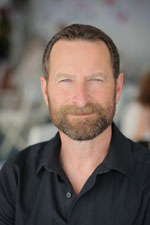 This article was written by Duncan Wardle. Duncan helps companies make innovation part of their DNA. He is an engaging and interactive keynote speaker who applies his creative talents and unconventional methods to help companies and individuals get to those breakthrough ideas that lead to extraordinary results. With his acclaimed keynotes, workshops, and ideation sessions, Duncan will empower your organization with the skills needed to consistently drive innovation, giving your company the edge it needs to compete in today’s time of disruption.
This article was written by Duncan Wardle. Duncan helps companies make innovation part of their DNA. He is an engaging and interactive keynote speaker who applies his creative talents and unconventional methods to help companies and individuals get to those breakthrough ideas that lead to extraordinary results. With his acclaimed keynotes, workshops, and ideation sessions, Duncan will empower your organization with the skills needed to consistently drive innovation, giving your company the edge it needs to compete in today’s time of disruption.

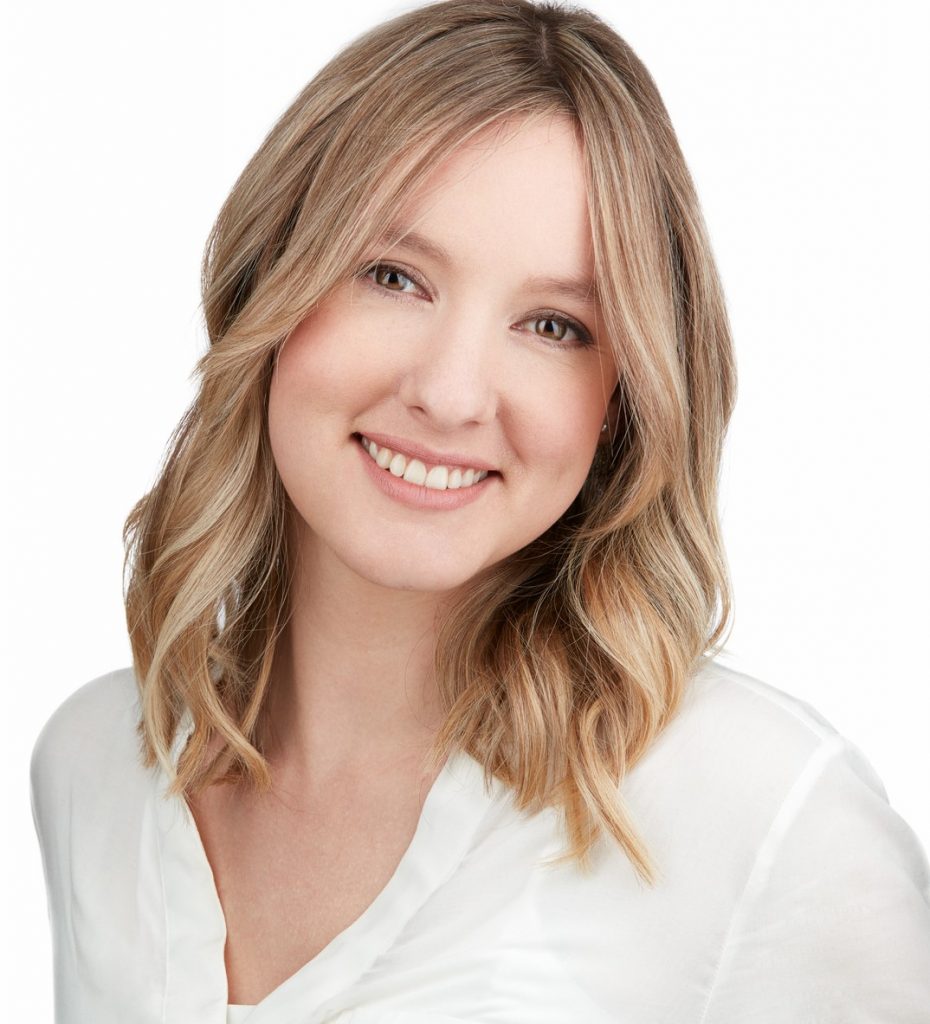
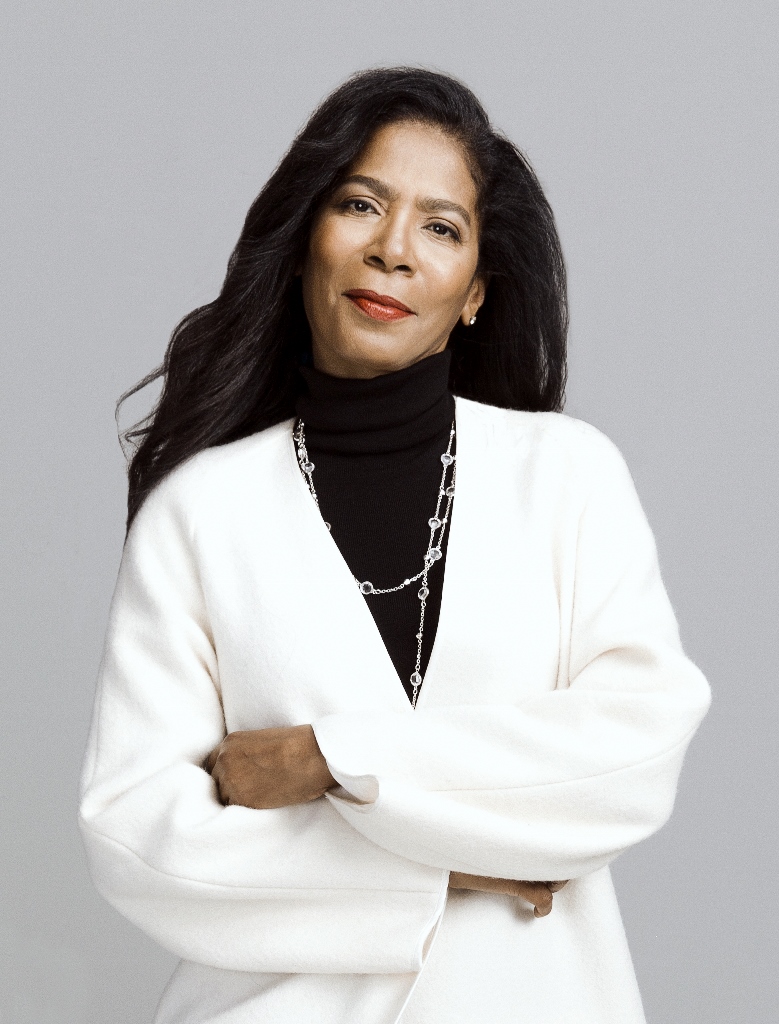
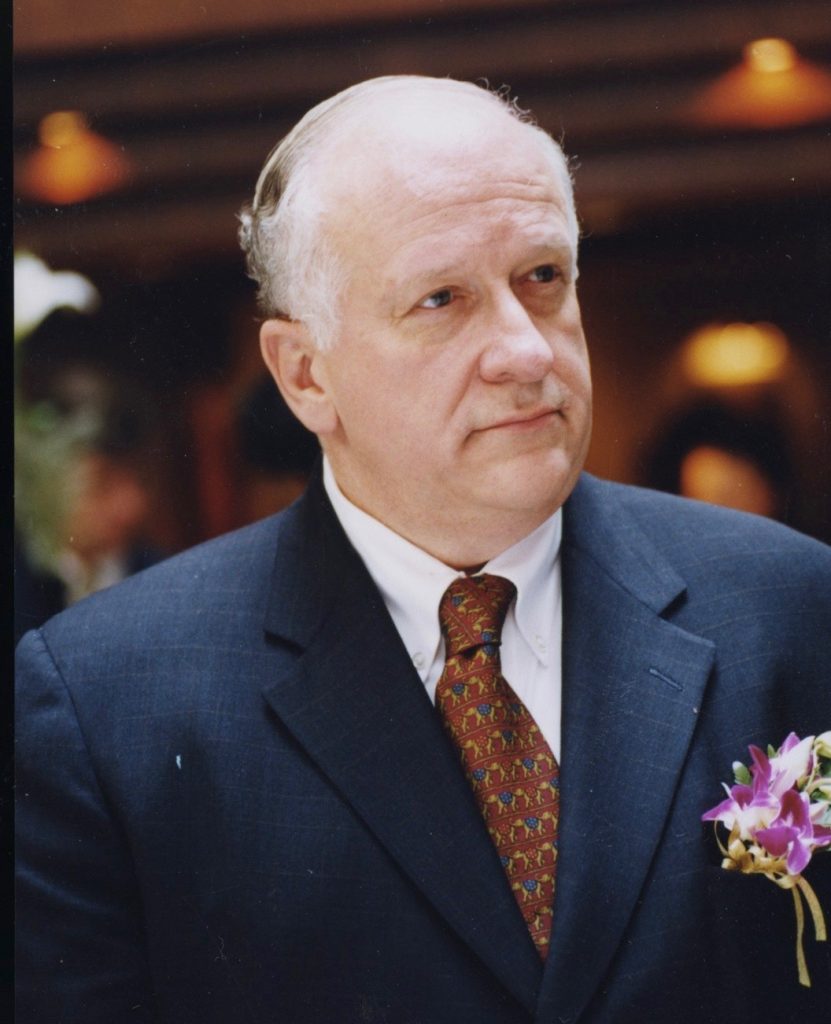
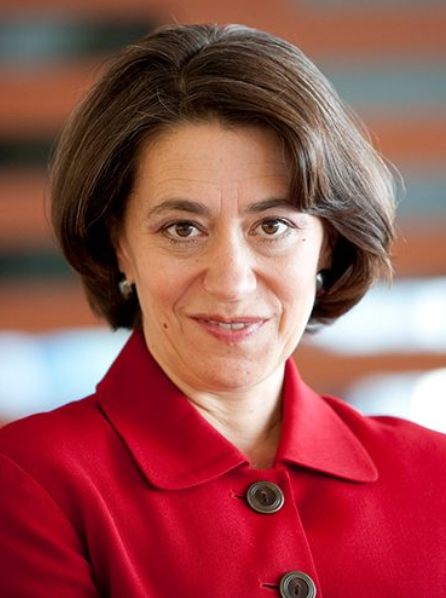
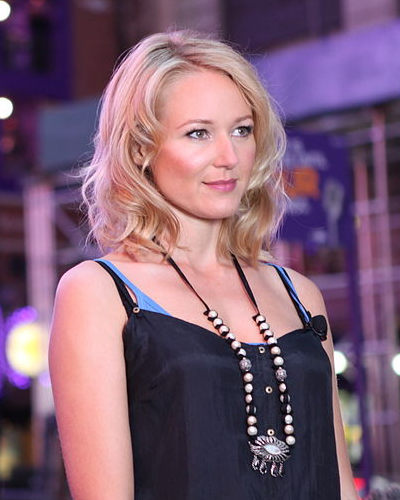

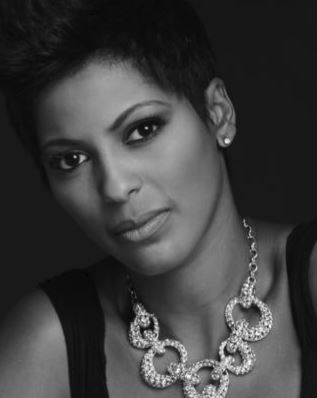






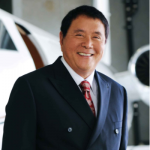

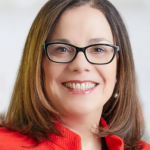


 This article was written by
This article was written by